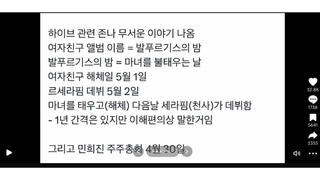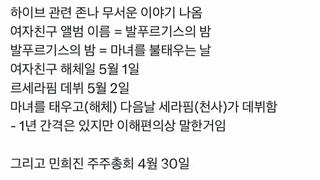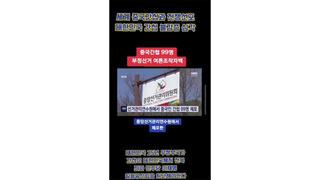

Is it possible to avoid developing cancer throughout one's life by solely steering clear of a high-fat and high-calorie diet? No, that's not true: There is no assurance that avoiding high-fat and high-calorie foods will prevent cancer, as there is an extensive spectrum of factors, extending beyond diet, that play a role in the onset of cancer. These include gene mutations, smoking, radiation, hormonal influences, chronic inflammation, and insufficient physical activity.
The claim originated from a video (archived here) published on TikTok by @sungwoo1 on December 21, 2023. The captions in the video, translated from Korean into English by Lead Stories staff, read:
If you don't eat this, you won't get cancer for the rest of your life.
1. High-fat diet
High-fat meals are associated with health problems such as obesity, high blood pressure, and diabetes and can increase the risk of developing cancer. Foods containing saturated and trans fats should be especially careful.
2. High-calorie food
Consuming excessive calories is one of the leading causes of obesity. Obesity causes many kinds of cancer. For example, it can increase the risk of developing breast cancer, colon cancer, and stomach cancer.
3. Ham, sausage, bacon
Processed meat contains additives such as salt nitrosamine. These additives turn into amines that can cause cancer during digestion. We can stay healthy without developing cancer for the rest of our lives if we don't eat only the three above.
This is what the post looked like on TikTok at the time of writing:

(Source: TikTok screenshot taken on Thu Dec 28 16:55:09 2023 UTC)
A high-fat and low-fiber diet may increase the risk of cancer, including bowel, lung, prostate, and uterine cancer, according to Better Health. However, the American Institute for Cancer Research published an article answering the question, "Do high-fat diets lead to cancer?" The article highlights that this is not necessarily true:
It's your overall eating choices that matter to reduce your risk of cancer.
The Center for Disease Control and Prevention listed the leading risk factors for cancer, which were exposure to ultraviolet radiation (from sunlight or tanning beds), obesity, drinking alcohol and smoking. Mayoclinic has also listed gene mutations as a cause of cancer.
Lead Stories has previously debunked similar claims, here, here, and here.













